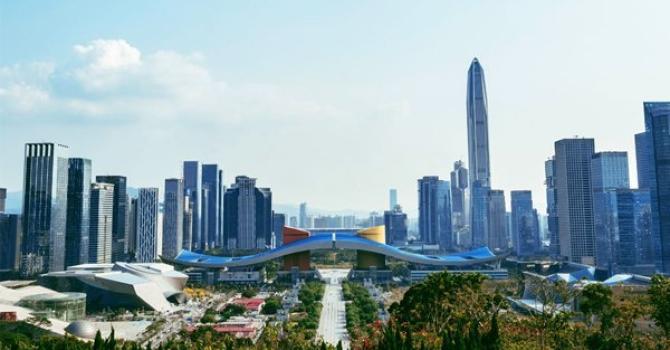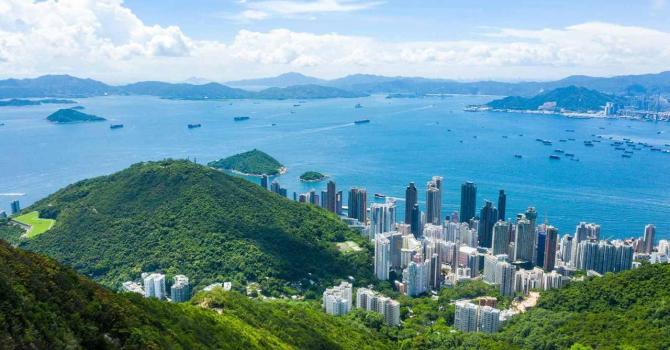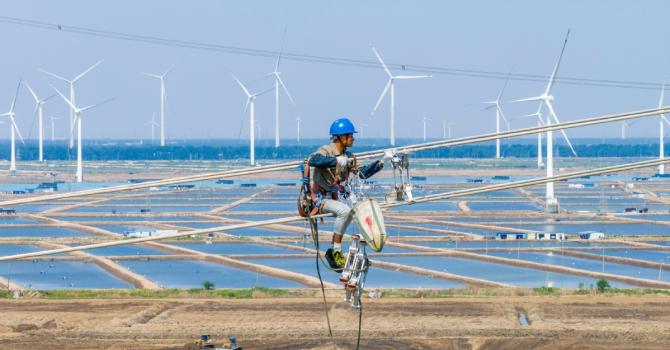SCMP: Hong Kong’s cutting-edge treatment plants aren’t enough: reduced waste should be on all of our Christmas lists
Christine Loh says all Hongkongers must get behind the new waste charging bill and commit to reducing the amount of rubbish they produce if they want a cleaner future
Christmas has become a season of material excess and waste. Malls are outdoing each other with imported Christmas trees and seasonal decorations, most of which will end up in landfills, along with an enormous amount of packaging that goes with all the gift-giving and increased consumption. There is also the leftover food from celebratory lunches and dinners that will be thrown away.Perhaps two Christmases from now,
Hong Kong’s behaviour might be more circumspect because we will all be charged for our waste. The government has presented its municipal solid waste charging bill to the Legislative Council and scrutiny of the bill will start soon. Hopefully, it will be passed within 2019 and go into effect the following year.
The new law will touch each and every one of us, at work and at home each and every day, and also when we shop and eat out. You will be charged less if you separate your waste for recycling. This is the incentive for households and businesses. At the same time, we all have to reorganise to separate recyclables.
Most people in Hong Kong live and work in high-rise buildings. Space needs to be made somewhere in the building to hold the recyclables for collection. Building managers, property owners and tenants have to cooperate for waste separation, and arrangements have to be made for the recyclables to be taken away. Buildings without management and rural villages need some other arrangements.
Waste charging changes the markets for recyclables. When the public does not have to share the cost of dealing with waste, apart from taking it to the landfills, as has been the case all these years, the economic incentive is for efficient disposal.
During the final years of colonial rule, under then-governor Chris Patten, waste management policy focused on landfilling, which was why Hong Kong constructed three giant landfills in what was then far-flung corners of the New Territories.
For more than a decade, we have known this policy was a dead end. Hong Kong needs to reduce waste, build a comprehensive system for dealing with many types of waste, and promote recycling. We are about half way through what needs to be done, and municipal solid waste charging is a critical component of the journey.
Things have, in fact, been changing gradually. At the end of 2005, construction waste charging was first implemented and highly effective. In 2017, the amount was increased. For a few years now, Hong Kong’s yucky waste sludge has been treated in the world’s largest plant in Tuen Mun and the energy is sold to the grid. Gas from landfills is also being captured and used. While the general public may not be aware of these measures that don’t touch them on a daily basis, there are plenty of things that are now apparent.
People are familiar with the plastic shopping bag charging scheme because it touches on their daily shopping habits. More recently, a charge has come into effect for electrical and electronic waste and a state-of-the-art plant is operational in Hong Kong. There is another scheme for glass drink containers coming into effect; and the government has begun to think about how to charge for plastic containers.
Reducing and treating food waste is also a major issue. Hong Kong’s first organic waste treatment plant has been receiving food waste from the commercial sector since the middle of the year. The government is also testing food waste treatment as part of sewage treatment to expand the city’s capabilities.
A 3,000-tonnes-per-day municipal solid waste-to-energy treatment plant is being built; and a private sector hi-tech textile recycling plant is keen to receive all sorts of waste clothing and is making waves in the fashion world with this new technology.
Thus, municipal solid waste charging has to be seen within this wider context of change in Hong Kong. Of all the above initiatives, waste charging is what will impact us all. It will change the economic value of recycling and change the logistics of handling recyclables.
Politically, it could be challenging. Everyone knows Hong Kong has to move forward and the political parties and councillors all know municipal solid waste charging is a necessary step. The problem is they worry about all the hassles it will cause people and how voters may react at elections. Will voters support the government or penalise politicians for not pushing back the bill? District council elections are at the end of 2019.
Yes, it will be messy – how can it not be when so much of our consumption and throwaway habits have to change?
When the bill is scrutinised in the legislature, there will be lots of ways to pick at it. There will be opportunities to fine-tune but throwing it out or delaying it for electoral convenience is not in Hong Kong’s overall interest.
People have to show their support. The legislature will be taking public deputations on the scheme in the foreseeable future. Supporters must go in force. They must also be prepared to work alongside the Environmental Protection Department, which is preparing to do a lot more public communication to help people adapt to the municipal solid waste charging scheme.
Think about how you can reduce consumption and waste. This is the Christmas to start Hong Kong’s long-term behavioural change.
Christine Loh is Chief Development Strategist and Adjunct Professor at the Hong Kong University of Science and Technology’s Institute of the Environment and Division of Environment and Sustainability.
Link to SCMP article: https://www.scmp.com/comment/insight-opinion/hong-kong/article/2179043/hong-kongs-cutting-edge-treatment-plants-arent



